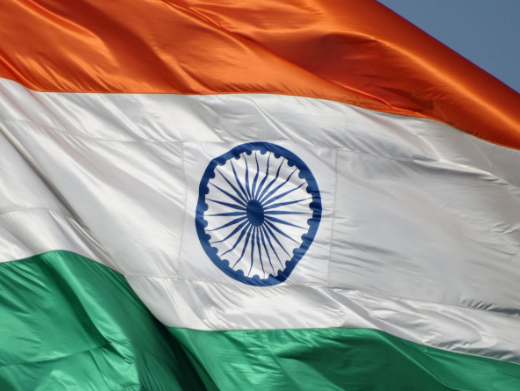R.P. Gupta, additional secretary of NITI Aayog – an Indian government think tank – has announced that New Delhi is now in the process of finalizing a new national energy policy.
“The new policy will address the issues of accessibility and affordability, energy security … and the overall requirement of energy,” Gupta said at a recent energy storage conference. “The focus will also be on [Indian-made] cells used in batteries in electric vehicles, along with policies for demand creation and measures to incentivize investments.”
India currently imports almost all of its lithium-ion batteries. Most of the country’s work on li-ion batteries is still focused on R&D, and primarily at the central government level. In the private sector, meanwhile, companies are primarily building battery packs with lithium-ion cells imported from China.
“Hopefully in a short period of time, a new policy will come into place to encourage domestic manufacturers,” Gupta added, noting that the government is also focusing on energy efficiency. “What we have estimated is that if we come out with proper policies and solutions for energy efficiency, the total energy requirement can be reduced by 20%.”
Manish Sharma, CEO of Panasonic India, emphasized the need for a battery manufacturing ecosystem.
“With India’s focus on renewable energy and electric mobility, energy storage solutions are set to play a crucial role in scripting the sector’s success,” Sharma said. “Given the increasing demand and competitiveness of renewable power generation options, electricity storage will play a crucial role in enabling the next phase of the energy transition. Hence it is important to build an ecosystem which promotes battery manufacturing in the country.”






